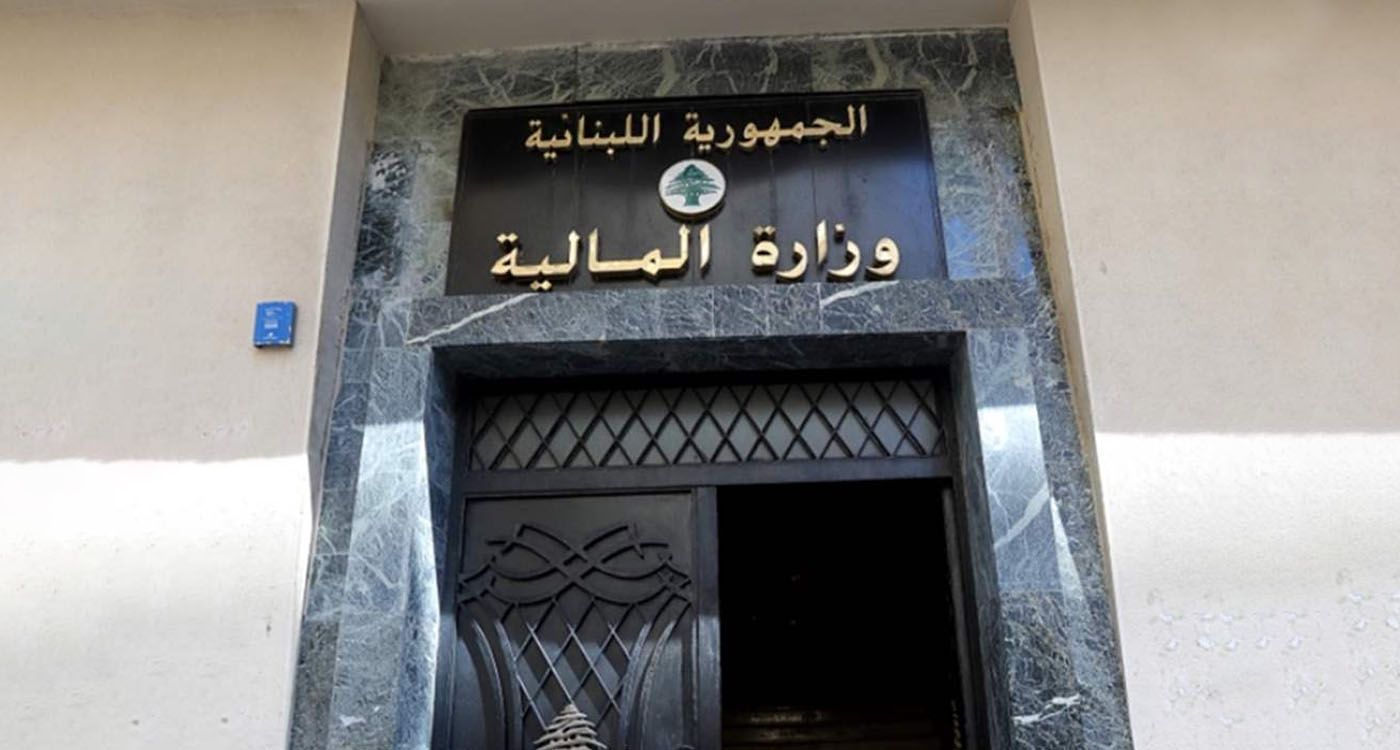
Forming the government will mark the third victory for the sovereign camp in Lebanon. The first was General Joseph Aoun’s election, which defied the wishes of the Amal-Hezbollah duo, who had steadfastly backed its own candidate for two years. In an attempt to create a false narrative of success, it even resorted to the “two-hour break” maneuver to justify a session with the anticipated president.
The second was the appointment of Nawaf Salam as Prime Minister, also against the Amal-Hezbollah duo’s preferences. Initially, the duo had entered consultations backing Najib Mikati and was relying on its allies to form a government that would safeguard its interests. However, Nawaf Salam garnered broad support from MPs and succeeded in securing the nomination.
Today, with the formation of the government, many fear that there will be certain concessions made to the Amal-Hezbollah duo in order not to break it completely and to secure gains for the Shia community, which it fully represents.
For those anticipating a third victory with the government’s formation, the issue of the Ministry of Finance stands as a significant hurdle. Its allocation would set a dangerous precedent, granting the Amal-Hezbollah duo or the Shia community a permanent third signature, potentially giving them indefinite veto power over decisions.
However, from the perspective of the sovereign camp, the Ministry of Finance is, in fact, the most advantageous ministry the Amal-Hezbollah duo can secure at this time—something that many overlook. Their interest in this ministry stems from a desire to reverse the privileges established by the Doha Agreement after May 7, aiming to regain greater control over financial and fiscal affairs.
If we adopt a state-centered approach and seek to minimize the influence of armed power on the ministries, the Ministry of Finance emerges as one of the least consequential in terms of direct influence. The government formation process in Lebanon is driven by specific political considerations, the most crucial of which is the equal distribution of the four sovereign portfolios, with one being allocated to the Shia community.
Given that the primary criticisms of Hezbollah and its allies revolve around security concerns, it is unfeasible to entrust them with any of the security portfolios, particularly the Ministries of Interior and Defense. This is necessary to limit their practical influence and control over sensitive institutions such as the army and the internal security forces. Furthermore, the Ministry of Interior in this government will be responsible for overseeing the upcoming parliamentary elections. The person appointed to this position is expected to uphold neutrality and be fully capable of managing this critical responsibility with the necessary objectivity and professionalism.
The Ministry of Foreign Affairs is likewise expected to remain outside the control of the Amal-Hezbollah duo, primarily because the Shiite party in power is subject to international sanctions, which significantly hinder its ability to engage diplomatically with foreign nations. It would be particularly challenging for Lebanon's foreign minister to visit European and American countries that classify Hezbollah as a terrorist organization, or to engage with Gulf states that have been subjected to Hezbollah’s hostile rhetoric and violent actions. These tensions have severely strained Lebanon's relations with these countries in recent years.
In this context, the Ministry of Finance emerges as the most viable option. The primary concern remains the third signature, which would grant the Shiite party veto power over key decisions, making it challenging to allocate state funds without its approval. However, given the prevailing consensus-driven spirit and the anticipated approach to governance, this scenario is unlikely to materialize. Moreover, the individuals proposed for the ministry are not provocative figures; rather, they are capable of addressing sensitive issues with flexibility and evaluating the potential consequences of not adhering to the broader strategic direction.
The Ministry of Finance is neither a victory for the Shia community nor a defeat for others. Rather, it represents the best possible compromise for the Amal-Hezbollah duo which remains, in effect, the principal representative of its community in Parliament, awaiting potential shifts in the forthcoming elections.



Comments